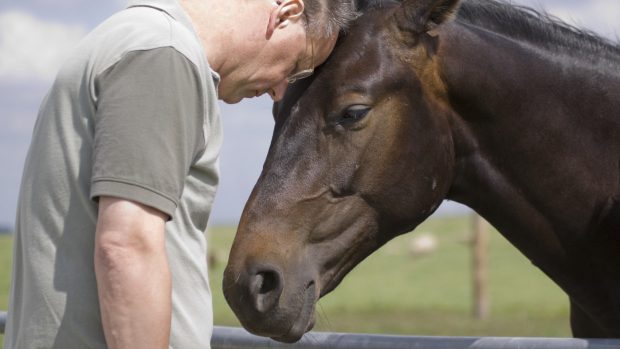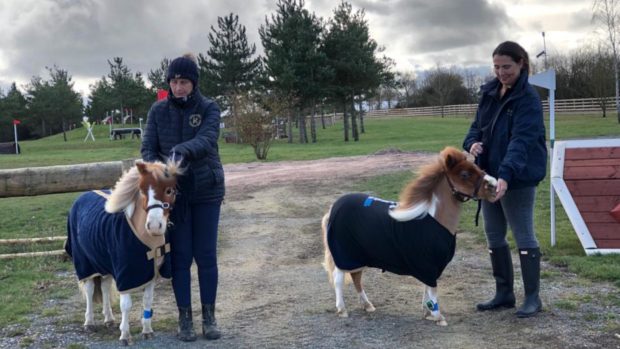While some alternative therapies, such as acupuncture, are not suitable for the average horse owner to administer, others such as massage, homeopathy and aromatherapy are ideal of owners to use on their animals.
Louise Cunliffe is a homeopath who works in conjunction with vets, giving advice to horseowners so they can treat their horses themselves.
“It often surprises people that skin conditions such as mud fever respond to a remedy taken internally, as they assume you need to apply something directly to the wound,” she says.
“However, what happens at skinlevel is just a symptom of what is going on in the body as a whole.”
Just because alternative treatments are called “natural” doesn’t mean they can’t do harm if misused. An effective result relies on making an accurate choice of remedy, and that’s where the experience of a qualified therapist comes in.
“Each individual may respond differently to a remedy,” says Louise. “Personality and temperament play a big part in the healing process so what is ideal for a highly-strung horse may be wrong for a big, laid-back animal.”
Equine aromatherapist Louise Chambers agrees.
“A horse will choose what’s right himself given the chance, so always let him smell essential oils before you use them,” she explains. “If backs off a particular oil, don’t use it.”
Essential oils can be taken internally or used externally. To administer internally allow the horse to lick the oil one drop at a time from your hands until he refuses any more. For external use add three drops of essential oil to 5ml of base oil.
Homeopathic remedies are best handled as little as possible, so push a couple of tablets into a carrot or add to a small scoop of mint and garlic-free feed. (Mint and garlic can negate the effects of homeopathic remedies).
You can also get remedies in liquid form which means you can put drops onto an apple or carrot for easy dosing.
Finally, it’s important to remember that while you can do what you like to your own horse, you can’t treat other peoples. It is illegal for anyone who is not a vet to prescribe remedies for animals not belonging to themselves.




